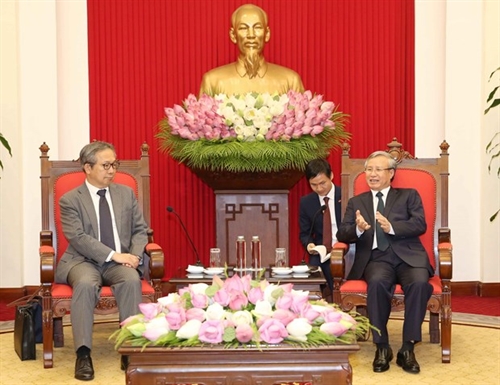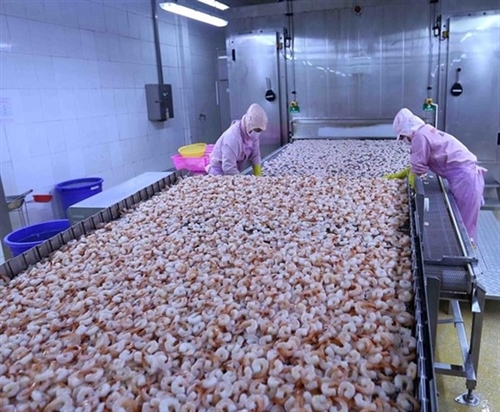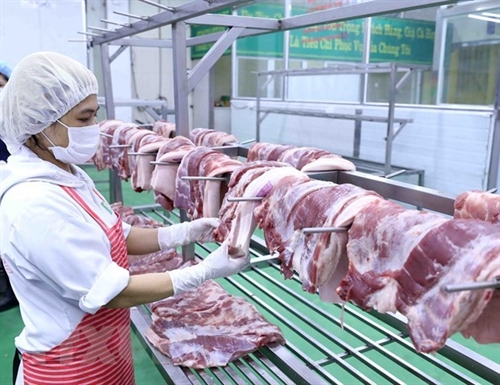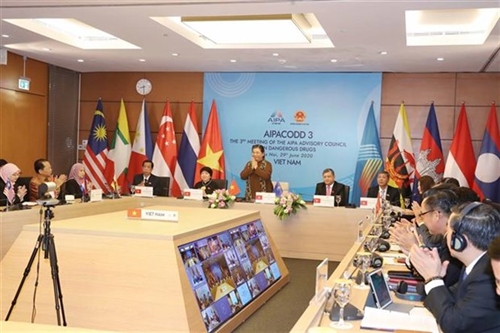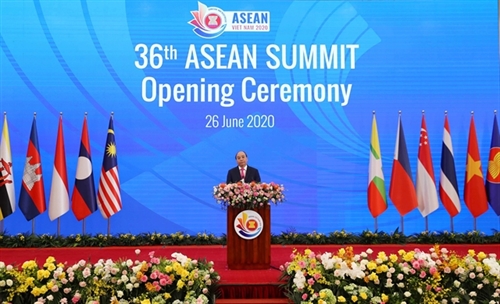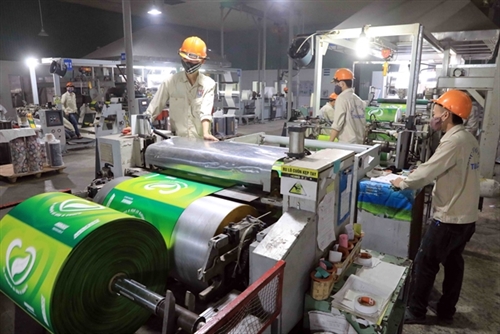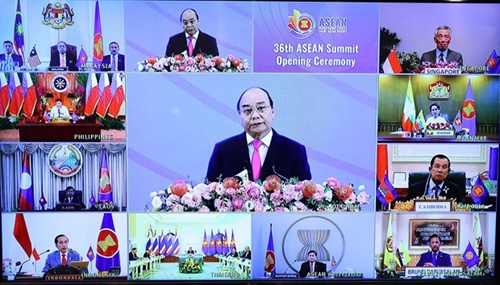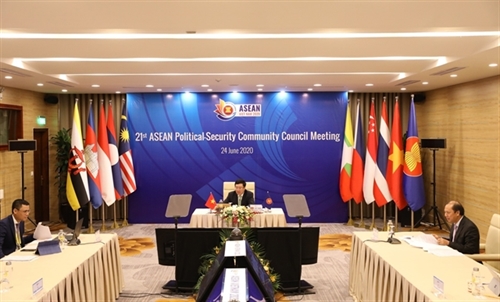Fiscal and monetary tools and policies should be governed in a more proactive and flexible manner from now to year’s end in order to maintain macro-economic stability and boost growth, according to the National Advisory Council on Financial and Monetary Policies.
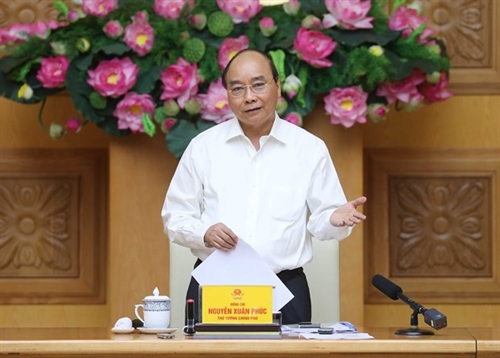 |
| Prime Minister Nguyen Xuan Phuc speaks at the meeting of the National Advisory Council on Financial and Monetary Policies in Hanoi__Photo: VNA |
Addressing the council’s meeting on July 9, Prime Minister Nguyen Xuan Phuc, who is also its chair, said COVID-19 continues to ravage many countries that are major partners of Vietnam.
The International Monetary Fund has predicted that ASEAN’s economy will contract by 2 percent this year and the global economy by 4.9 percent, leading to an easing of fiscal and monetary policies in many countries. Economic stimulus packages around the world have totaled some USD 11 trillion and are likely to continue to grow. Budget overspending limits have also been raised in many countries.
In that context, he noted, thanks to appropriate and timely moves, Vietnam has brought COVID-19 under control early and gone three months without any community transmission of the coronavirus.
Though economic growth of 1.81 percent in the first half of 2020 was a ten-year low, it was still high compared to regional countries, showing that Vietnam has so far managed to control the pandemic, prevent significant disruptions to its economy, and ensure social security.
Pointing out that there remain latent risks for the economy, the PM emphasized that macro-economic stability remains an important target, adding that this year’s CPI must be kept below 4 percent, any untapped room in fiscal and monetary policies capitalized upon to fuel growth, and public investment disbursement accelerated.
Amid shrunken international markets and domestic demand, it is necessary to introduce solutions to stimulate exports and local consumption, he said.
He shared a view held by other council members that Vietnam has substantial opportunities for development thanks to its early containment of the pandemic and its macro-stability, and it should be determined to develop its economy, attract more investment, and make better use of socio-economic development opportunities, in addition to maintaining disease prevention and control. The strength of a population nearing 100 million also needs to be optimized.
The council said a key prerequisite is to prevent a second wave of COVID-19 from wreaking havoc. Fiscal and monetary tools and policies also need to be governed more proactively and flexibly, demand stimulated to boost growth, difficulties facing production and daily activities removed, and macro-stability sustained.
It suggested the Government allow credit growth of more than 10 percent this year and raise budget overspending and public debt by some 3 to 4 percent of GDP to secure more resources to support small and medium-sized enterprises (SMEs) as well as major enterprises, while preventing disruptions to key sectors.
It is also necessary to give renewed consideration to cutting bank interest rates to assist businesses and individuals and to reduce regular spending, taxes, and fees to save funds for urgent tasks, the council added.
PM Phuc also emphasized the necessity of strong institutional reform and the perfecting of policies to create a competitive business climate to attract more private and foreign investment.- (VNA/VLLF)
